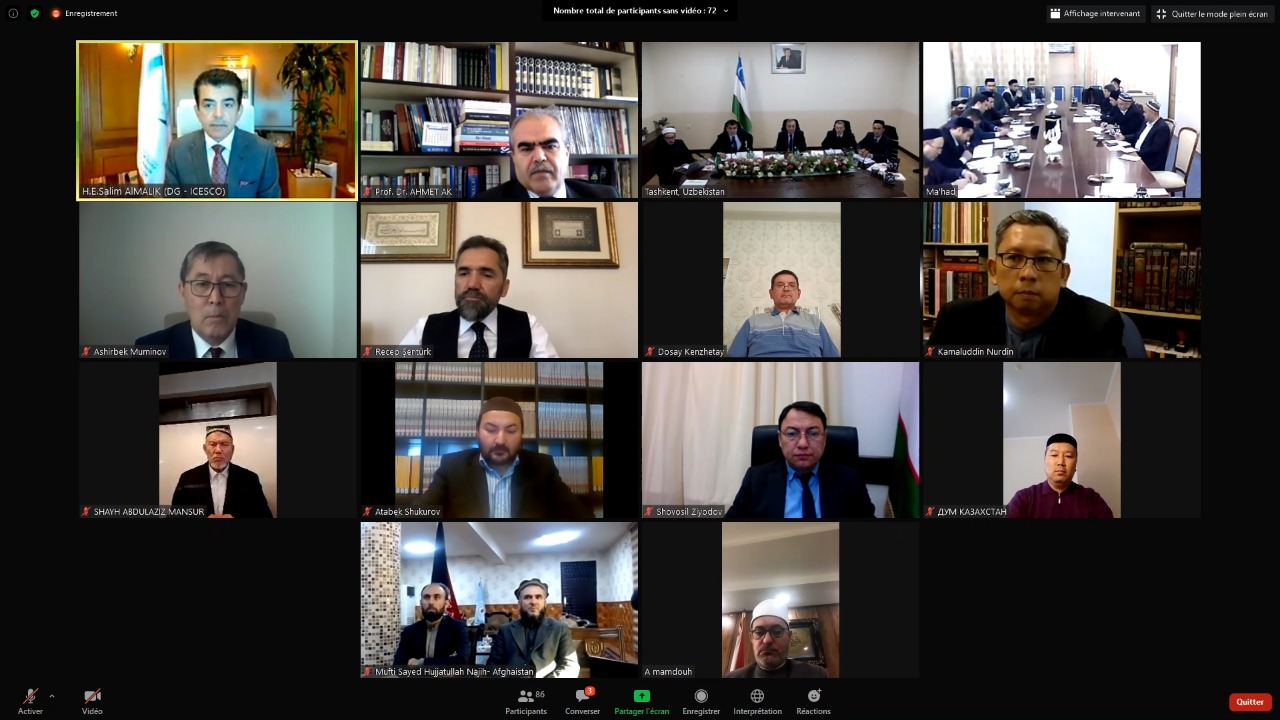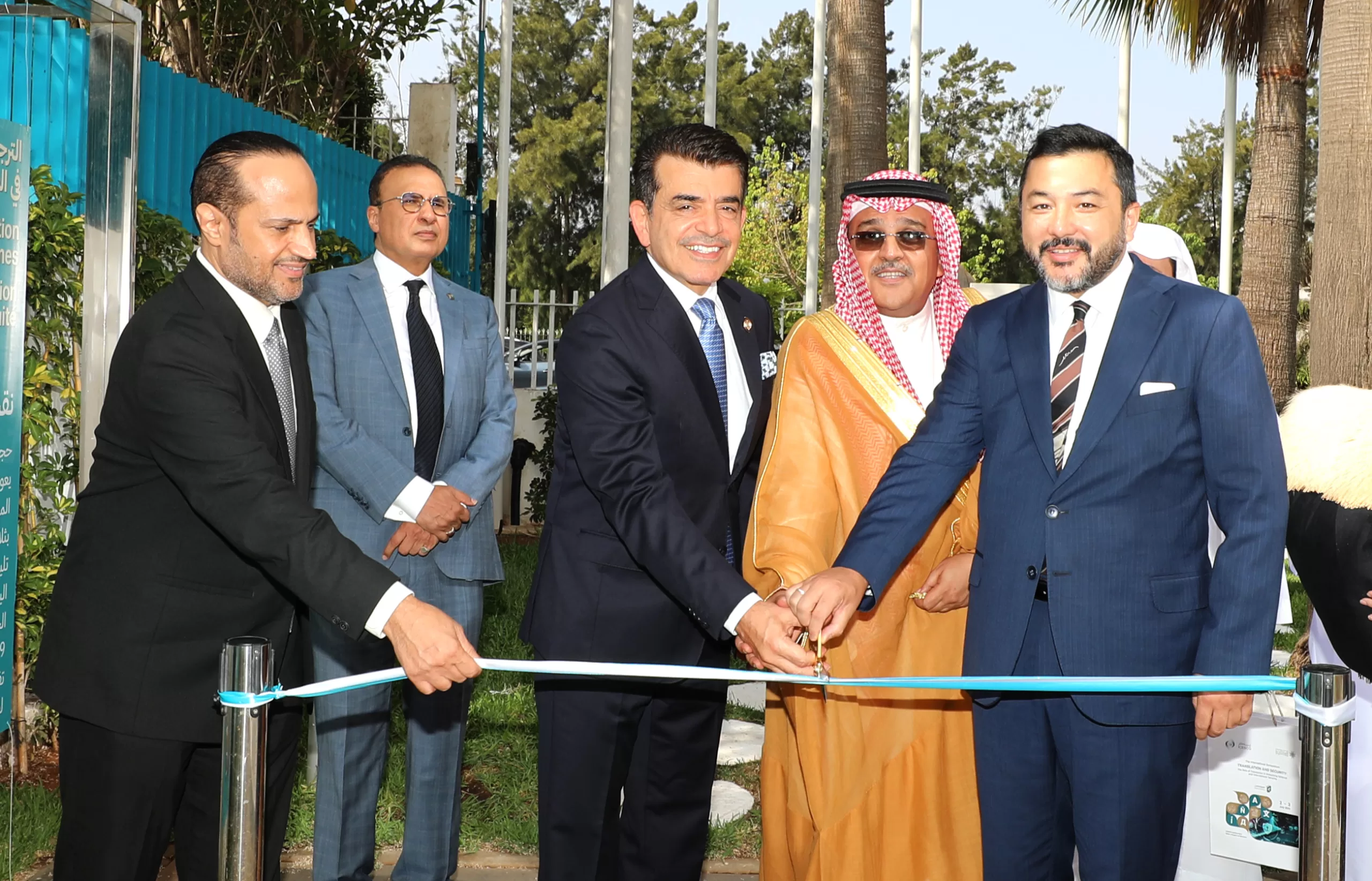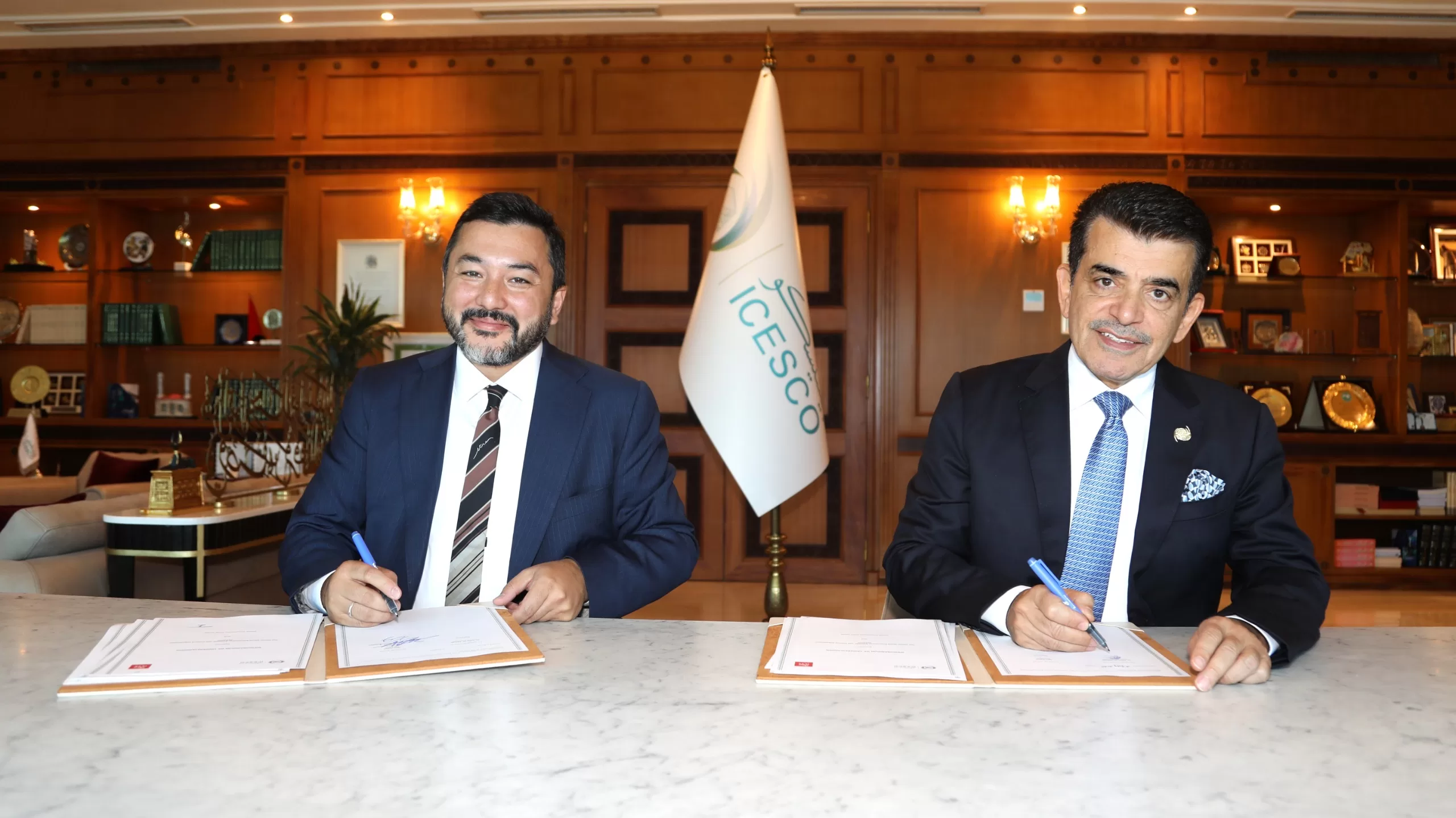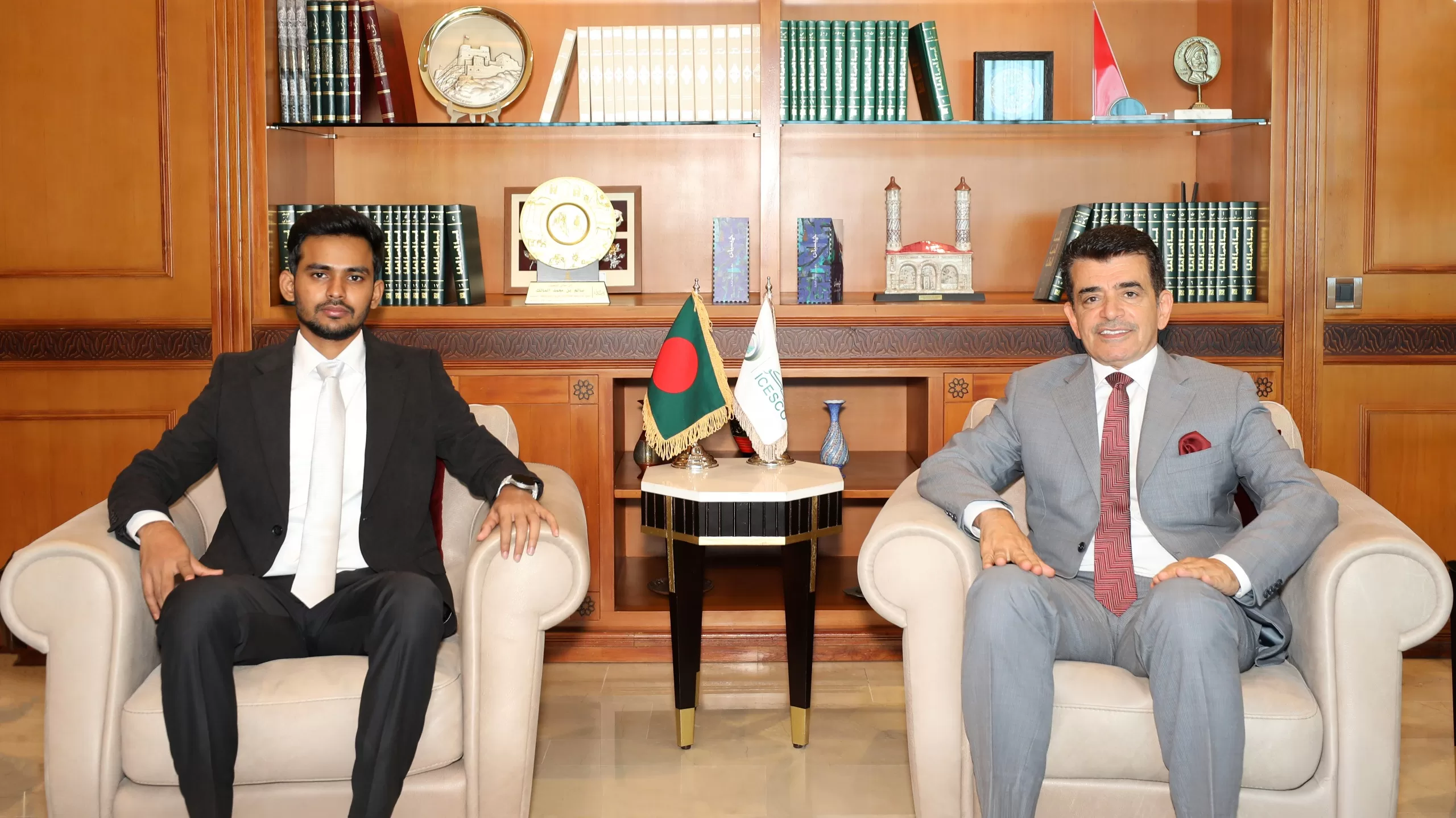
AlMalik: ICESCO Works Toward Reviving Islamic Heritage of Sciences and Arts

17 December 2020
The Director-General (DG) of the Islamic World Educational, Scientific, and Cultural Organization (ICESCO), Dr. Salim M. AlMalik, stated that commemorating Muslim scholars in various sciences and arts under ICESCO’s civilizational program for Islamic world culture capitals represents an opportunity to revive the Islamic heritage in its various aspects and publish the manuscripts stored on the shelves of libraries. The aim, Dr. AlMalik underscored, is to link the generations together and build a common ground for anticipating the future, one of the endeavors of the Organization.
The statement came in the DG’s address at the virtual international conference that the Imam Al-Maturidi International Center for Scientific Research held today, at the International Islamic Academy of Uzbekistan, in Uzbekistan, on the future plans of the Center. The event was part of the activities of the celebration of Bukhara as the Islamic World Culture Capital for 2020 for the Asian region. The Conference witnessed the participation of high-level officials and religious leaders from Uzbekistan and the Islamic world.
Dr. Al-Malik noted that Imam Abu Mansur Al-Maturidi, popularly known as “Imam of Huda,” “Imam of the Speakers,” “Leader of the Sunnis,” and “the Eremite Imam” occupied a great place in the history of Islamic thoughts. Al-Maturidi is the founder of a Sunni school that emerged in the fourth century A.H. in the Transoxiana region and spread to the rest of the Islamic world. ICESCO DG pointed out that the most prominent characteristic of the views of Imam Al-Maturidi is that he vilified tradition and advocated the use of logic and reasoning.
At the close of his address, ICESCO DG reaffirmed the Organization’s willingness to cooperate with the International Islamic Academy of Uzbekistan and Imam Al-Maturidi International Center for Scientific Research in areas of common interest. The DG focused on “ICESCO’s Roads for the Future” Project through the establishment of academic chairs in the fields of heritage, arts and literature, coexistence, and civilizational dialogue.




